Some dogs test your patience before they win your heart. They bark when silence would do, they pull when you’d rather stroll, and they seem to understand the word “no” as a suggestion instead of a rule.
Yet there’s something strangely endearing about their chaos. They remind us that perfection isn’t natural, and obedience doesn’t always equal character. Living with such dogs teaches resilience, humor, and a kind of love that adapts through frustration.
Their stubbornness can unravel your calm, but their loyalty rebuilds it moments later. Every scolding turns into laughter, every tantrum ends in affection. These dogs are a reminder that companionship is never about control, but about acceptance.
What follows is a closer look at those breeds that challenge patience, test boundaries, and yet somehow manage to stay unforgettable despite their flaws.
Key Takeaways
Every dog has a bit of mischief in them, but some take it as a full-time job.
From the regal defiance of the Chow Chow to the playful rebellion of the Dachshund, these breeds turn discipline into a daily experiment.
The Pekingese adds a dramatic flair to the mix, while the Husky brings energy that can outlast any rulebook.
Read on and see how these clever troublemakers prove that being well-behaved isn’t the only way to be loved.
Most Ignorant, Worst Behaved Dog Breeds
1. Chow Chow
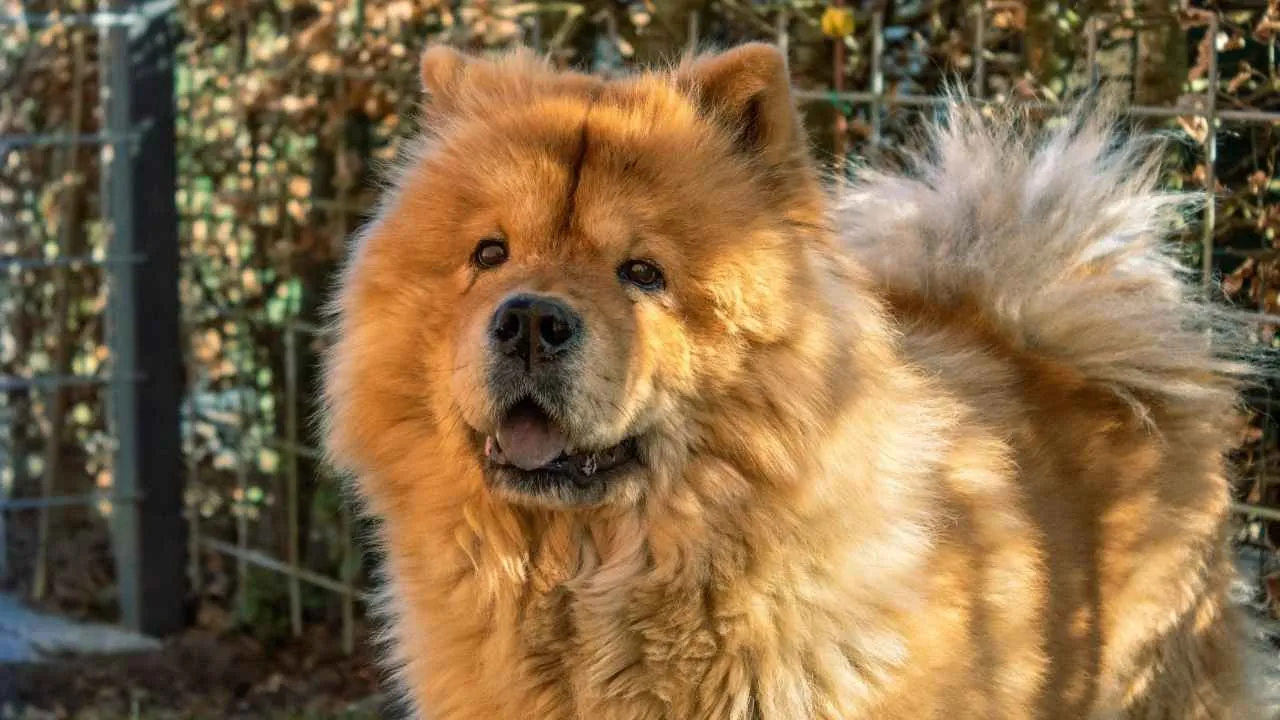
The Chow Chow carries itself with quiet dignity and a proud stare that can easily be mistaken for stubbornness.
This breed often refuses to respond unless it feels respect for the person giving the command. Its aloof temperament and need for independence make it a challenging companion for first-time owners.
Hard to Train and Quick to Judge
Chows are intelligent but notoriously uncooperative when training feels repetitive or forced. They prefer working on their own terms, which can quickly frustrate inexperienced handlers. Their sharp instincts can shift from calm to confrontational without much warning.
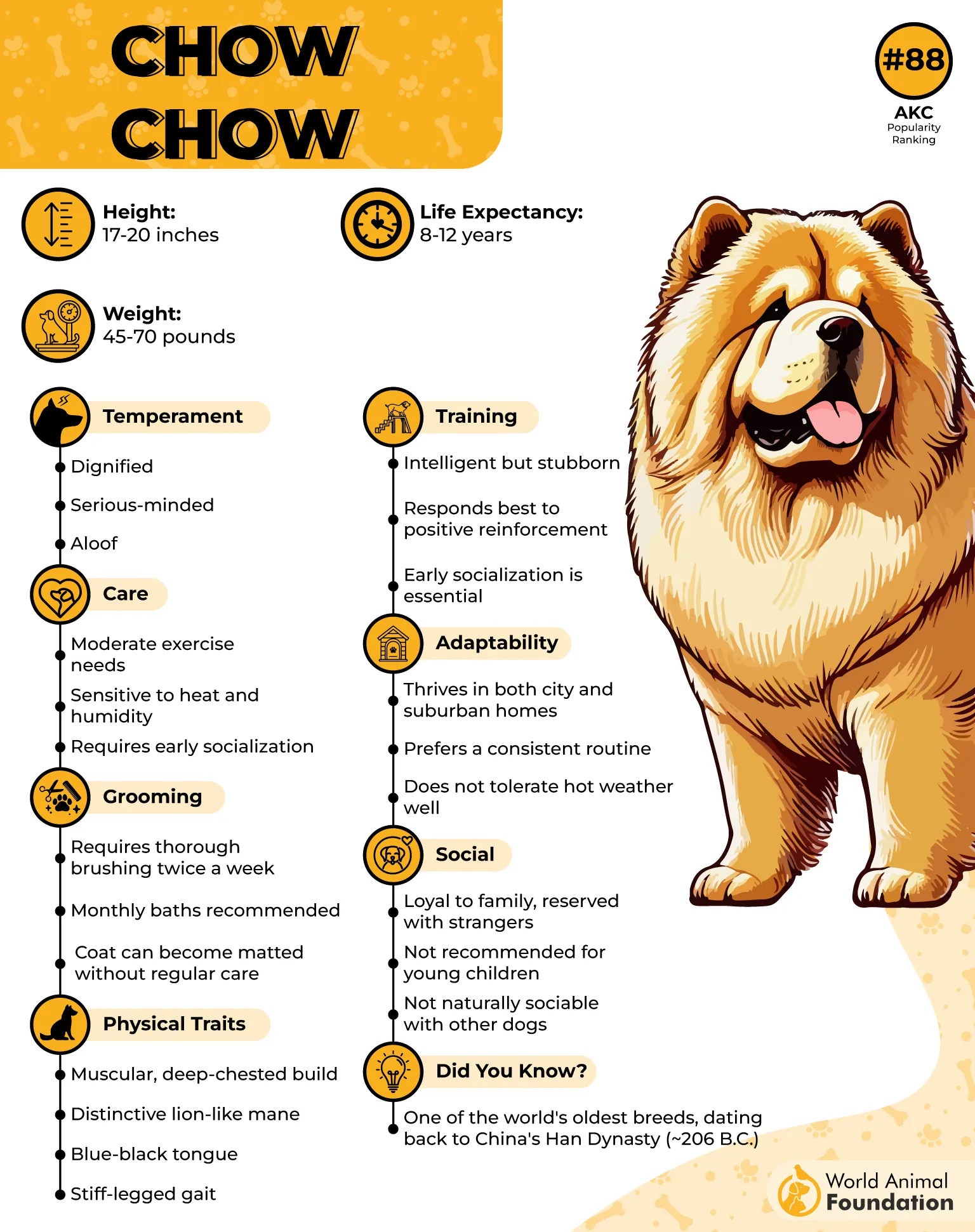
Cold Demeanor with Family
Even within families, Chow Chows tend to choose a single favorite person and keep emotional distance from others. They dislike rough play or being handled excessively, which can confuse children expecting a cuddly pet. A misstep in approach can easily turn affection into irritation.
Demanding Yet Distant
This breed doesn’t seek validation or approval from humans, which can come across as arrogance. They expect consistency, calm leadership, and clear boundaries to behave well. Without these, their behavior often appears defiant and disconnected.
2. Afghan Hound
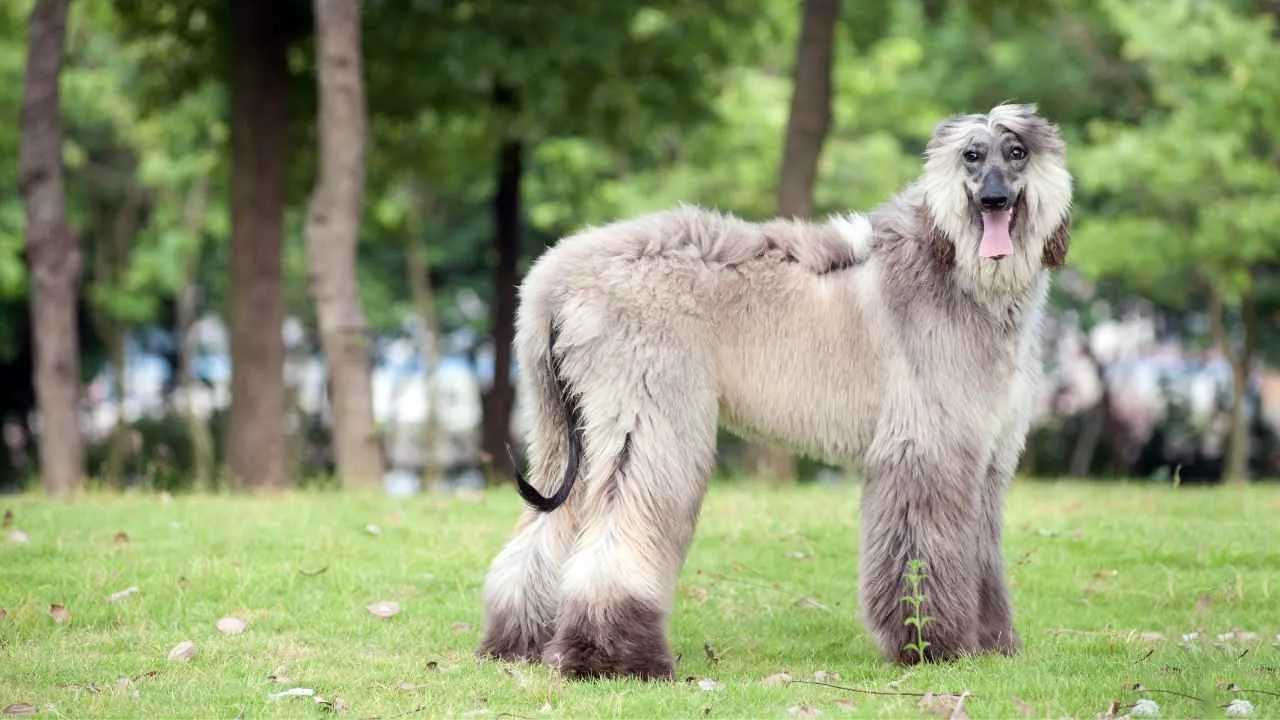
The Afghan Hound carries itself like royalty, but that elegance comes with a wild dose of independence. Trainers often find them puzzling because commands are treated as mere suggestions, as per Hill’s Pet.
Their silky coat and graceful stride capture admiration, but their mind works on their own rhythm and rules.
Selective Listening at Its Finest
Obedience isn’t their strong suit, not from lack of smarts but lack of interest. These hounds learn quickly and then decide whether a task is worth their effort. They have a sharp memory yet seem to choose moments that suit them best.
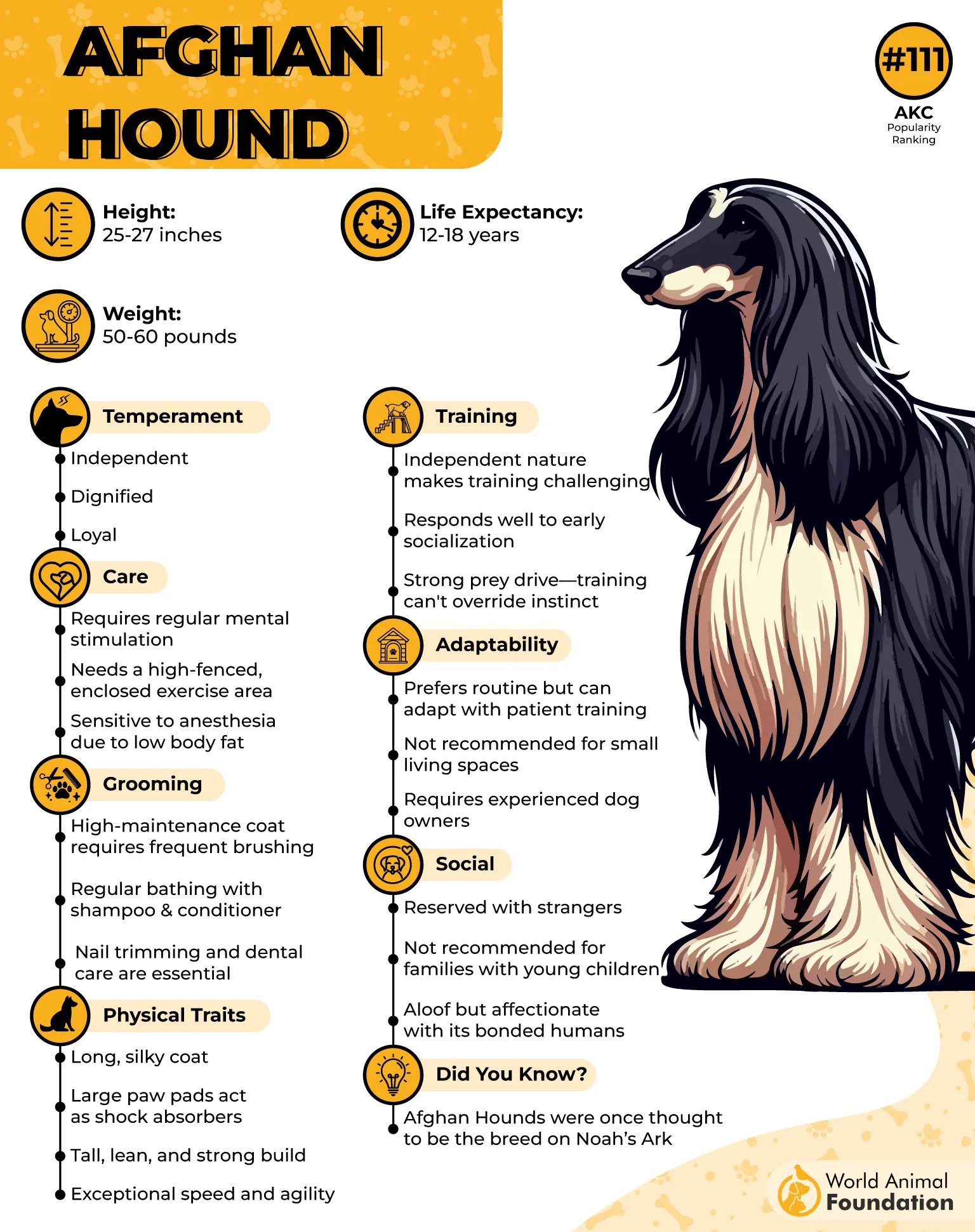
Beauty with a Stubborn Core
Their independence can frustrate even seasoned trainers. They follow when they wish, making them one of the least obedient breeds on record. Their intelligence is unquestionable. It’s their selective cooperation that often lands them on lists like this one.
A Dog That Plays by Its Own Rules
At home, they can be affectionate but only on their terms. Their attention drifts easily, switching from play to quiet detachment without warning. Families often describe living with an Afghan as sharing space with an artist who values mood over instruction.
3. Pekingese

The Pekingese carries itself with the confidence of ancient royalty, a trait that often spills into everyday behavior.
This tiny lion-hearted dog doesn’t hesitate to claim its space, whether that’s your lap, bed, or the entire living room. When things don’t go its way, it’s quick to show its disapproval through grumbles, glares, or even a sudden nip.
Possessive and Prone to Drama
This breed takes “my toys, my rules” seriously. From guarding their favorite cushion to competing for attention, Pekingese dogs can turn moody if they feel ignored or challenged. They have no patience for rough play or uninvited handling, and they let everyone know it.
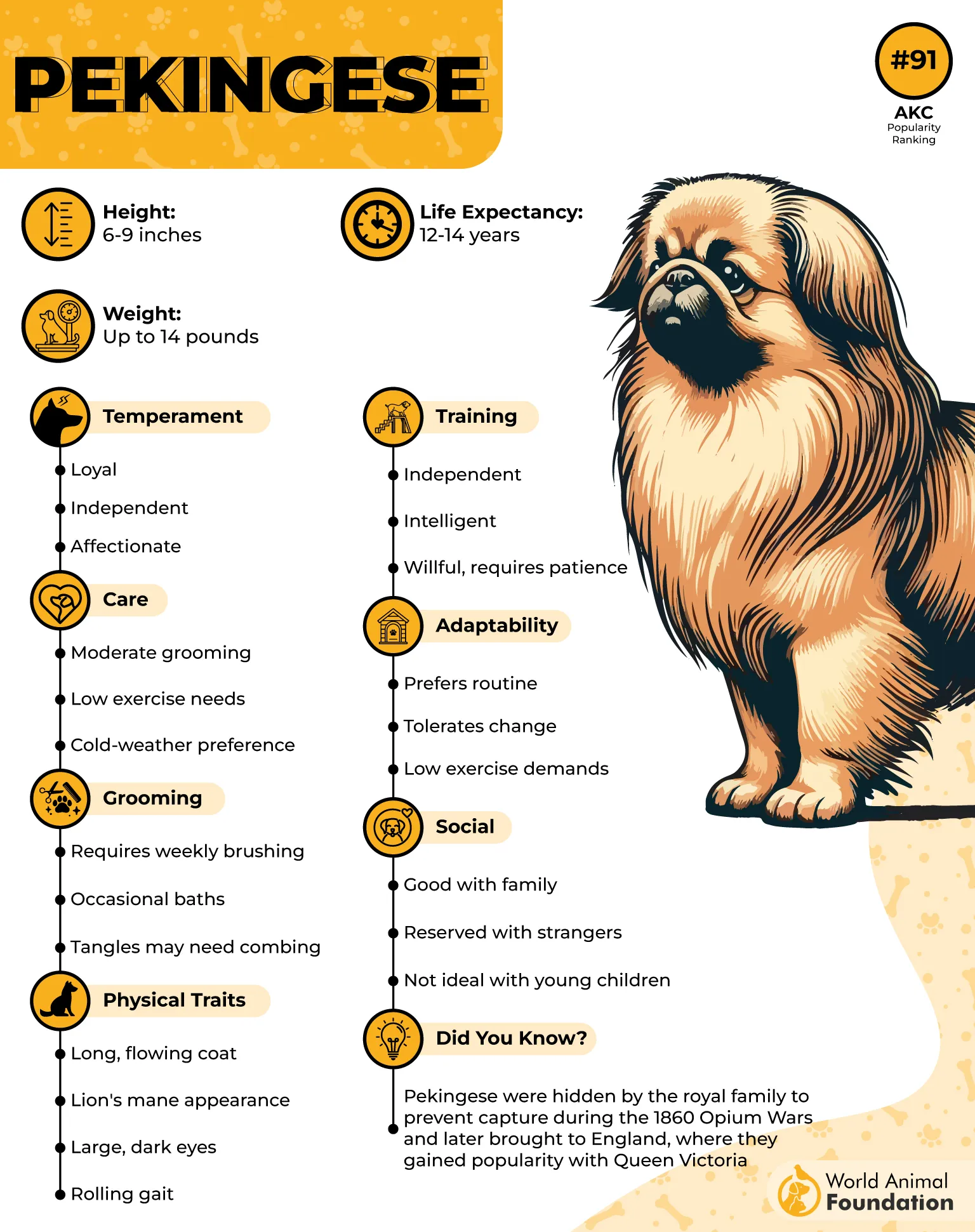
Fierce Ego in a Small Frame
What makes the Pekingese tricky is its inflated sense of importance. It often sees itself as equal to its owner, which complicates obedience training. This bold attitude, combined with a stubborn streak, can quickly turn a calm home into a daily power struggle if boundaries aren’t clear.
Not for the Gentle Crowd
This breed’s charm lies in its confidence, but that same spirit can overwhelm first-time owners. A Pekingese expects to be respected, not fussed over, and any hint of teasing can provoke a loud protest.
Patience, early boundaries, and a firm yet kind hand are essential to manage this little aristocrat’s temper.
4. Dachshund

Dachshunds carry the confidence of a much larger dog. Their spirited nature often turns into defiance when things don’t go their way. Known for following their nose, they’ll ignore every call if they catch an interesting scent, leaving owners chasing them across lawns or hallways.
Tiny Body, Loud Opinions
According to WebMD, their voice is far bigger than their size, and they aren’t shy about using it. Dachshunds bark to express frustration, excitement, or even boredom, which can quickly test patience. They’re charming, yes, but they live by their own rules most days.
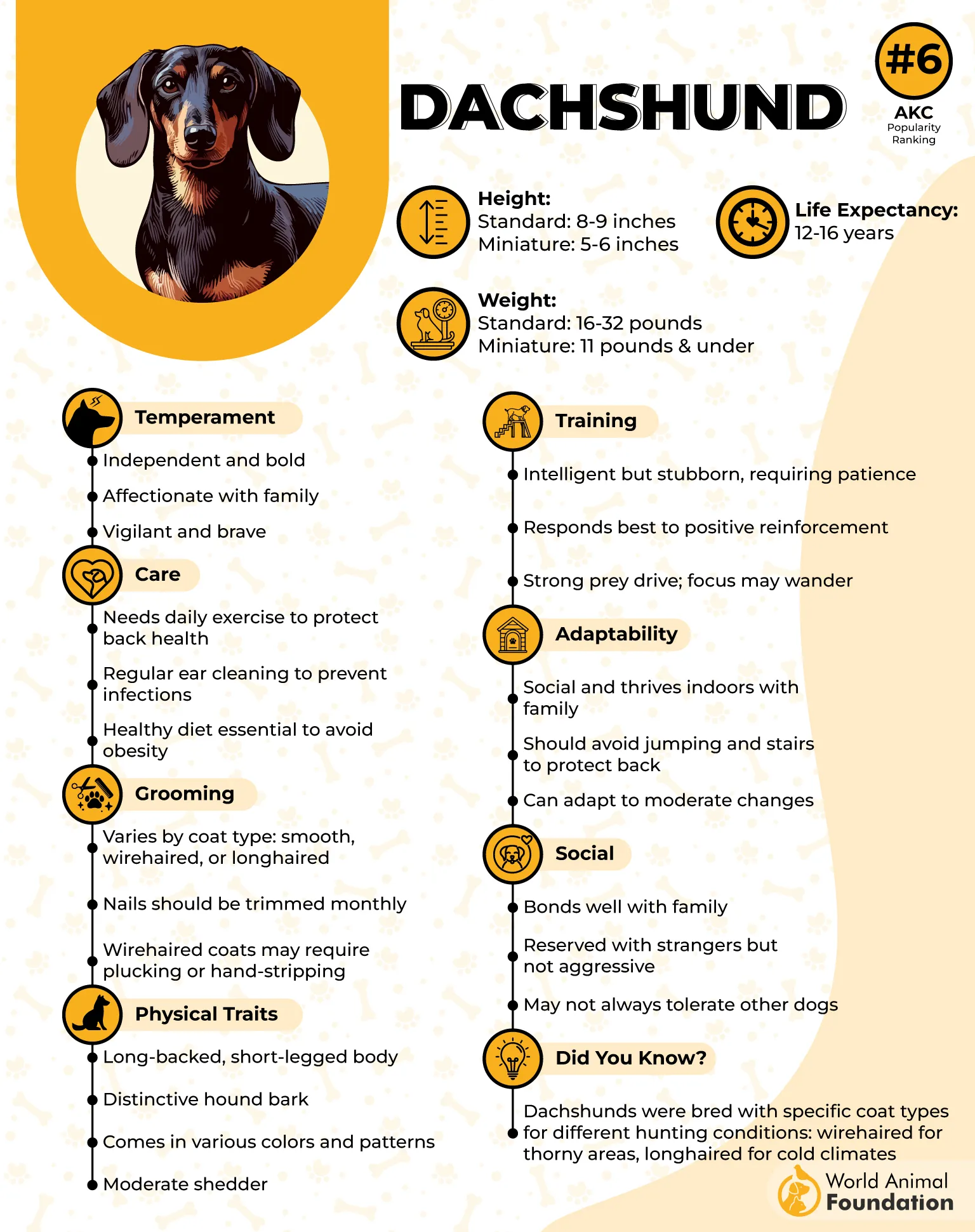
Fearless to a Fault
Their original hunting instincts still drive them to dig, chase, and stand their ground against anyone who challenges them. Even larger dogs don’t intimidate them, which can easily spark confrontations. This fearless streak can be impressive yet exhausting for inexperienced owners.
Short Temper Around Kids
Because of their low tolerance for sudden handling, Dachshunds often react defensively to poking or lifting attempts from children. They prefer space and predictable interactions. Families must teach kids to respect this small dog’s big sense of dignity.
5. Beagle

Beagles have a gift for curiosity that often gets them into trouble. Their powerful noses pull them in every direction, and once they catch a scent, commands tend to fade into the background. This single-minded focus can make them appear stubborn or inattentive, especially during training sessions.
Mischievous and Easily Distracted
Their cheerful energy often turns into mischief the moment they get bored. Beagles can ignore recall cues completely if they’ve locked onto a trail or an interesting smell, testing the patience of even experienced owners. They’re charming, yes, but their independence can make obedience a challenge.
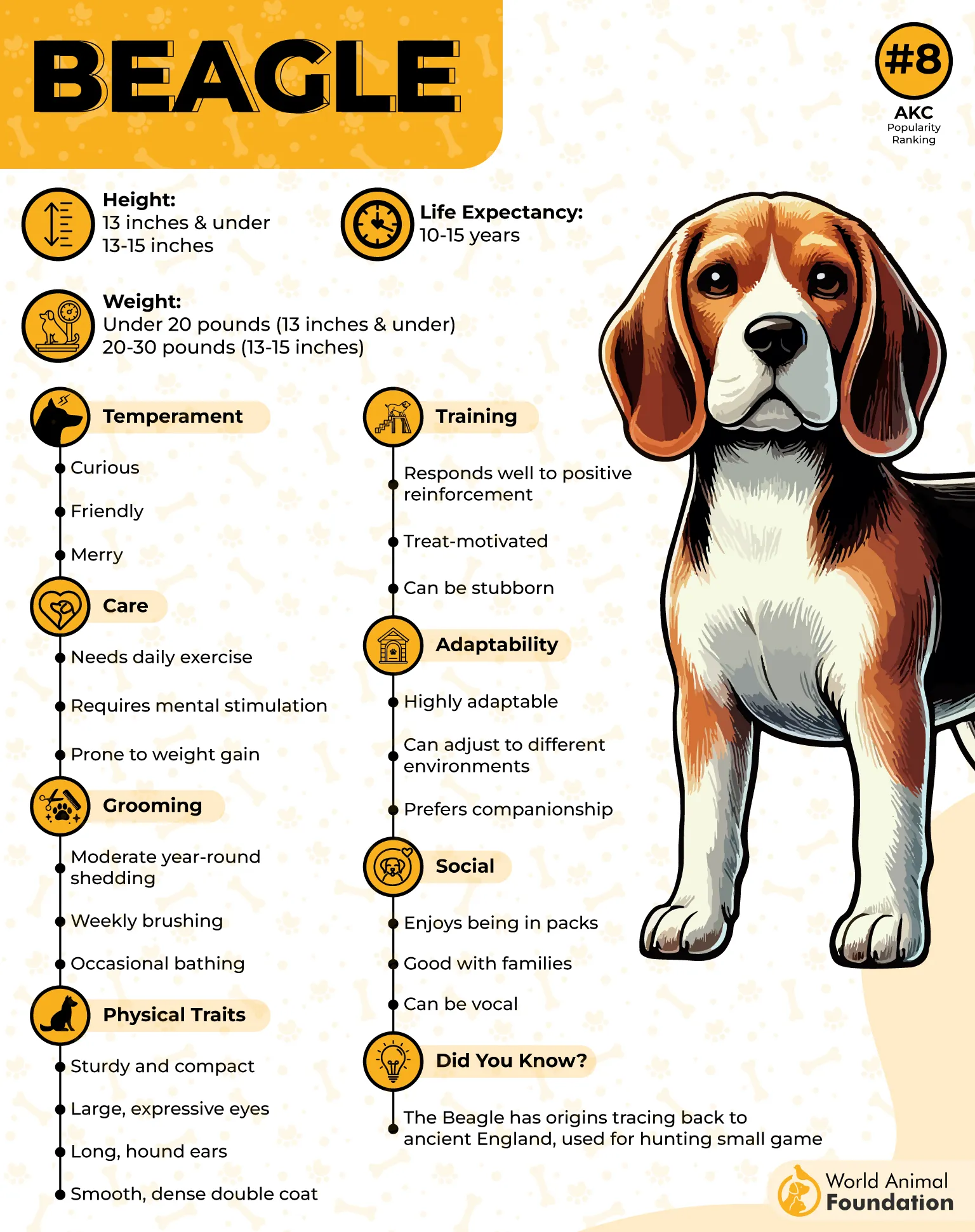
Playful Spirits with Selective Hearing
Their enthusiasm makes them delightful companions, but that same spark fuels a tendency to “hear what they want.”
Beagles learn quickly when they choose to, yet that choice depends heavily on their mood and environment. This selective focus is why consistent, firm, and patient handling is most effective.
Smart but Strong-Willed
Underneath their playful face lies a clever problem-solver who enjoys bending rules to see what happens. They’re quick to exploit any leniency, especially during training. Their stubborn streak doesn’t come from a lack of intelligence. It’s pure determination mixed with boundless curiosity.
6. Siberian Husky
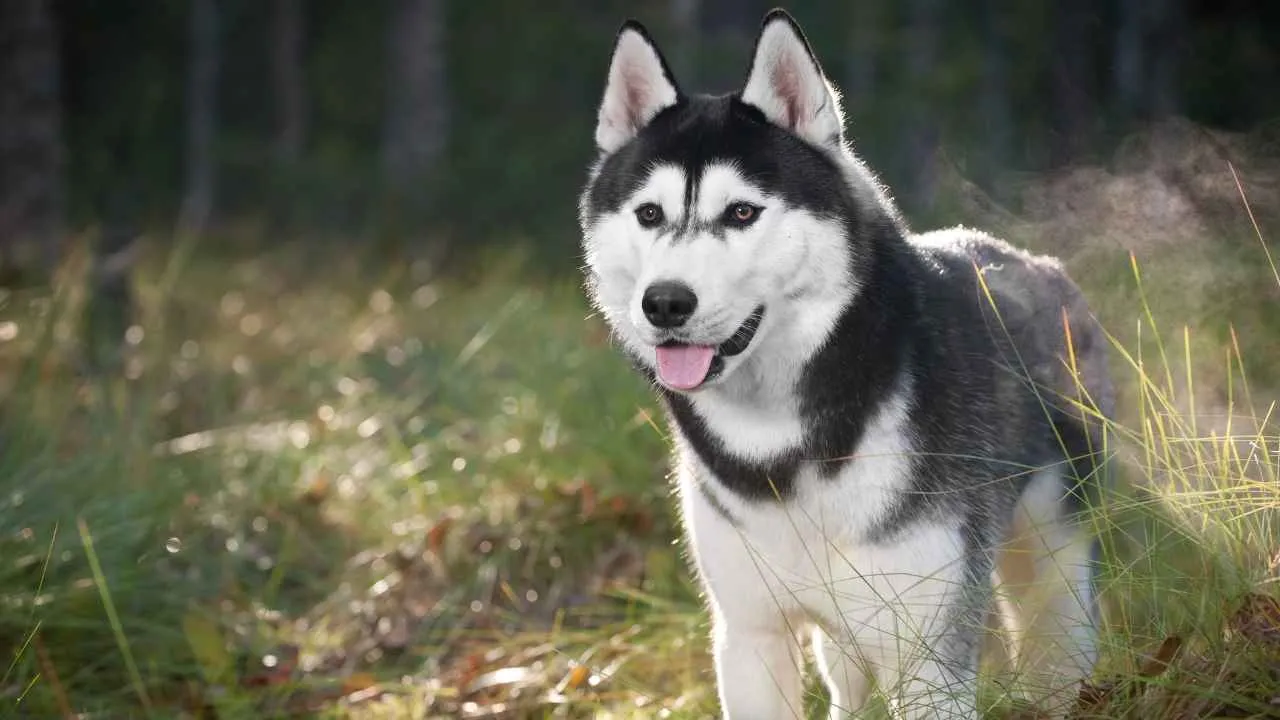
Siberian Huskies are built for endurance and excitement, which makes them restless in structured home settings. They crave movement, and without enough of it, they often resort to howling, digging, or escaping through fences. Their charm can easily disguise how challenging they are to manage day-to-day.

Tough to Train
These dogs often decide for themselves when it comes to listening, making training sessions an uphill task. Their independence can border on defiance if they sense inconsistency or boredom. They’re intelligent but too sharp to repeat tasks they find pointless.
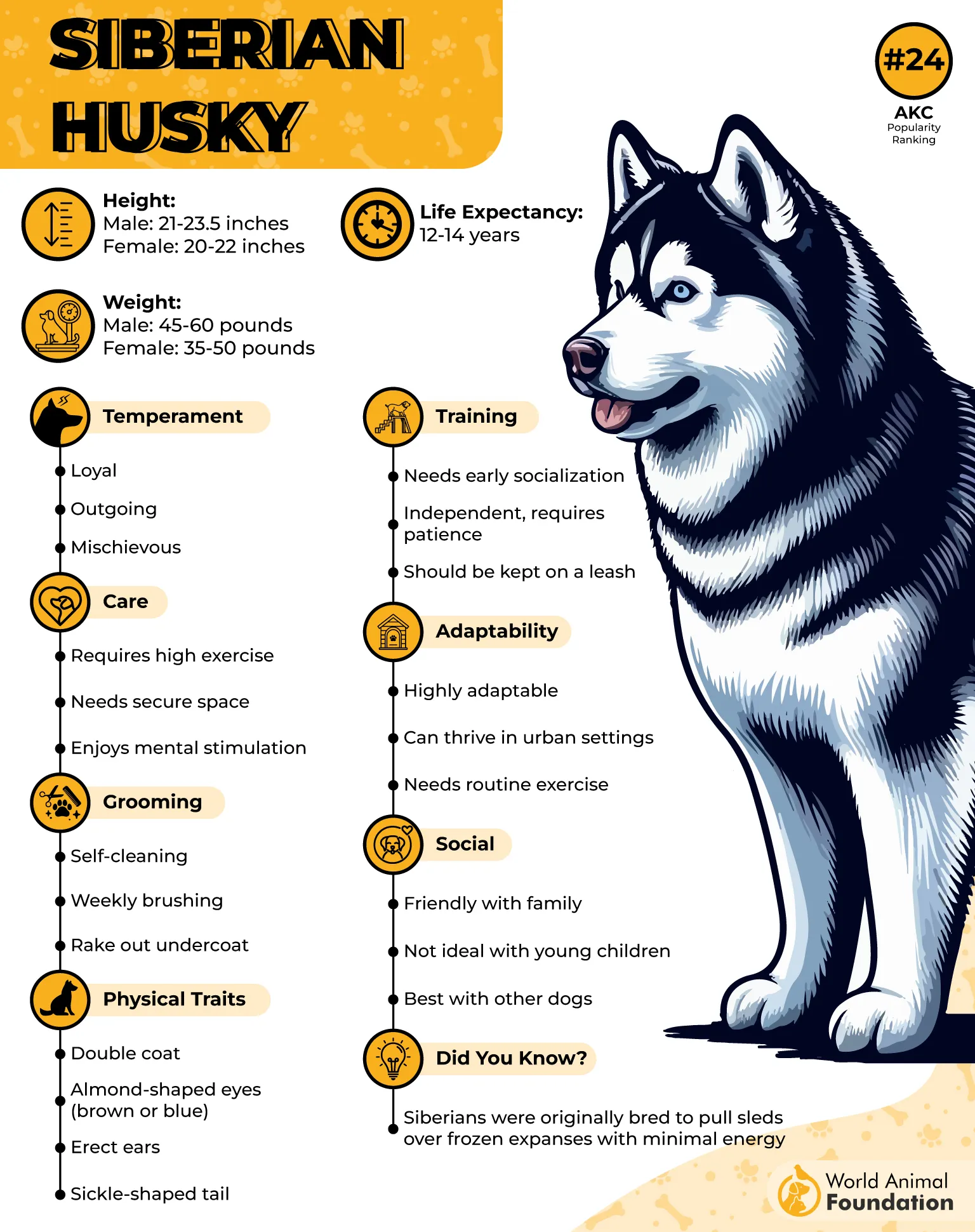
Rough Play and Sensitivity to Chaos
As per Petplan, Huskies are known for their playful yet powerful energy, which can quickly overwhelm children or smaller pets. Their instinctive reactions to quick movements or loud cries sometimes trigger their hunting drive. Even with the best intentions, they can unintentionally knock over or scare a child.
Pack Mindset Overrules
They see themselves as part of a team, not followers of strict human rules. This mindset explains why they rarely act submissively and often choose mischief over obedience. When confined or ignored, their boredom turns into creative chaos — from rearranging furniture to unzipping couch cushions.
7. Parson Russell Terrier

The Parson Russell Terrier walks like it owns every inch of the room. Confident, headstrong, and packed with energy, it rarely backs down from a challenge. This small terrier was built for fox hunting, and that same fiery drive often spills into its daily life, making obedience a full-time job.
Quick Thinker, Slow Listener
They’re problem-solvers by nature, but that cleverness can turn chaotic when their focus shifts elsewhere. Training them requires patience and a sense of humor because they’re quick to decide they know better. They’re charming, but they test limits like it’s a sport.
Energy That Knows No Pause
A Parson Russell rarely slows down, even indoors. Their rest time lasts about as long as you blink. Without a proper outlet, their curiosity often becomes chaos—flipped cushions, garden holes, and sudden zoomies that test patience and flooring alike.
Always in Charge
Their intelligence can be impressive, but it comes with a side of selective hearing. They love being the boss, often challenging commands just to see who wins. With structure and consistency, they can learn—but only when they feel like it.
Conclusion
In a world full of clever and obedient companions, these so-called dumbest dog breeds prove that intelligence comes in many forms. They might not top intelligence charts or learn commands as quickly as most dogs, but their charm lies in their individuality.
These are different dogs, spirited animals who follow their instincts more than instructions. Their working intelligence isn’t about obedience; it’s about independence, courage, and character.
Each has its own rhythm, its own stubborn spark that makes life unpredictable yet unforgettable. They may break the rules, but they also break the silence in ways only the truly spirited can.


